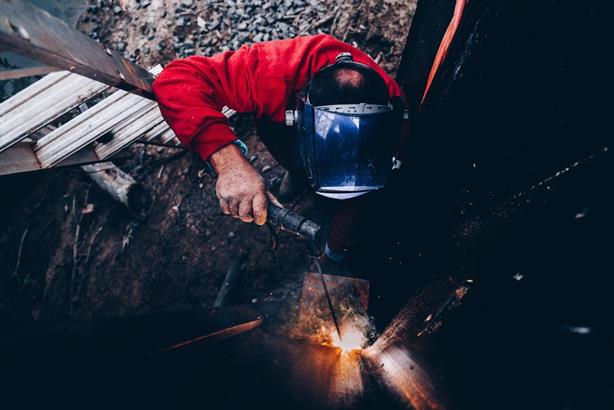For years, the purveyors of respectable opinion assured us that there was no need to worry about the economic dislocations caused by free trade, because such dislocations would be comparatively minor and temporary. In fact, as Gwynn Guilford notes in an important new article at Quartz, even academic economists are beginning to conclude that imports from China cost up to 2.4 million American manufacturing jobs between 1999 and 2011 and that “offsetting employment gains in other industries never materialized.”
Now that they are faced with clear evidence of substantial and long-lasting job losses in the manufacturing sector, the same purveyors of respectable opinion are singing a slightly different tune: those job losses aren’t the result of free trade, but of automation, and the same automation is causing American manufacturing to be more productive that ever. Wrong again, says Guilford. The belief that automation rather than trade is behind the deep decline in manufacturing employment is based “on a misreading of statistics,” according to economist Susan Houseman, cited at length by Guilford. In essence, Houseman found that economists have imputed qualitative gains in the computer sector, a small portion of American manufacturing, to the entire manufacturing sector, thereby masking serious problems in that sector. Guilford quotes Houseman as saying that “We didn’t have the intelligent debate about what was going on with trade . . . because lots of people were denying there was any problem, period.” But there was a problem with manufacturing. Houseman found that, with the computer sector removed from the statistics, real manufacturing output was lower in 2016 than it had been in 2007.
Guilford cites other evidence showing that the conventional narrative is wrong. Between 2000 and 2014, 78,000 American manufacturing facilities shut down, which would not have happened if American workers were being replaced by robots rather than foreign workers. After all, as Guilford notes, robots, no less than people, have to work somewhere. Indeed, American manufacturing uses fewer robots than most of our competitors, which is not what one would expect if automation had been the cause of the disappearance of a third of all American manufacturing jobs between 2000 and 2010, a greater percentage of manufacturing job loss than occurred during the Great Depression.
The ability of the manufacturing sector to provide good paying jobs to millions of Americans all across the country helped give stability to many communities and also to American politics. The decimation of the American manufacturing sector has both devastated many communities and brought instability to our politics. Any effort to “make America great again” must include a revival of manufacturing, which is one of the messages the millions who voted for Trump were trying to deliver.

Leave a Reply